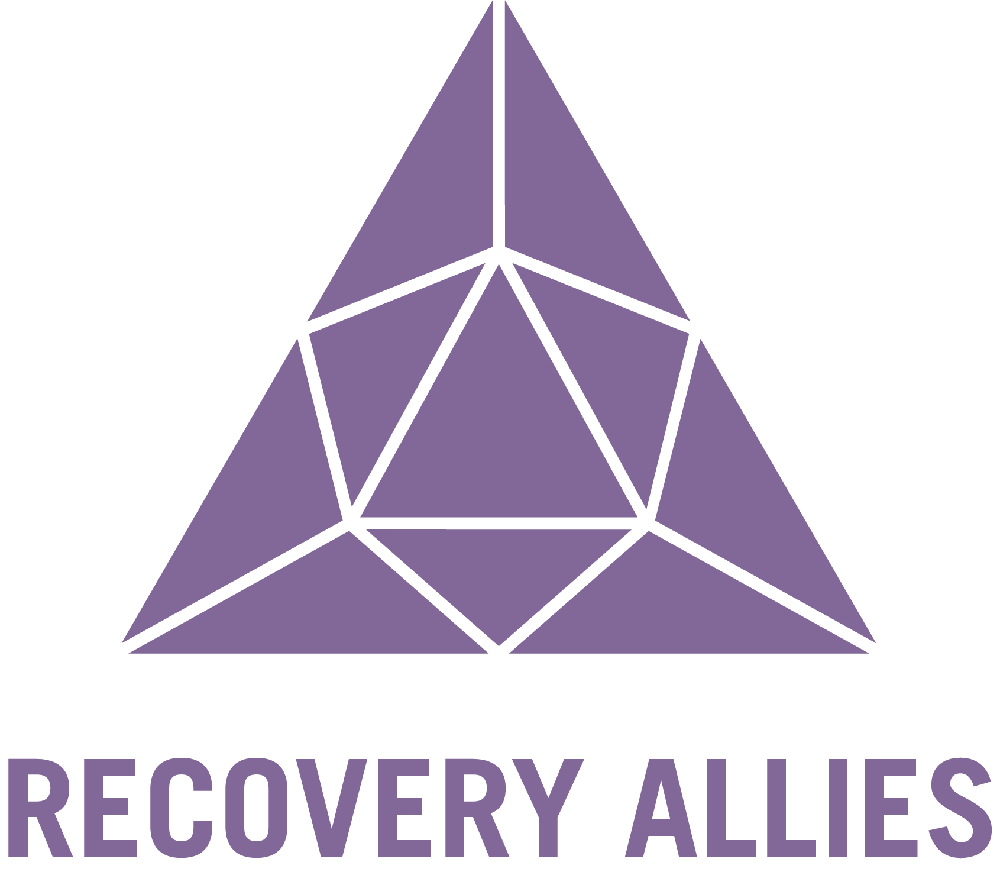Self-Compassion in Recovery
Sobriety is a daunting prospect for anyone making the decision to give up their substance(s) of choice. Once we get past the obstacles of our physical dependency and begin to treat our emotional triggers, we are often left with feelings of loss, shame, mourning, and guilt. Reflection is unavoidable.It is necessary for growth and healing. Maintaining a healthy sense of self-compassion is vital when doing so.
What is self-compassion?
A common explanation of self-compassion: it is the act of treating yourself the way you would teat a friend, regardless of circumstance. We all know that sometimes a friend is at fault in a matter large or small. Many of us empathize with our friend’s struggle, regardless of their culpability as we know it is human to make mistakes. In essence, self-compassion is the act of extending yourself the same level of patience and care you give to others.
The three core elements of self-compassion are: self-kindness, common humanity (understanding that all people experience suffering and make mistakes) and mindfulness.
Self-Compassion as a coping tool
When considering the words and actions of our pre-sobriety selves, it is important to acknowledge that, though we may have hurt others or caused offense, we were compromised by addiction. The constant need to feed substance use disorder brings the best of us to our worst. It is natural to feel remorse. But it is also incredibly important to learn to forgive ourselves.
Were a friend to tell your same story to you as their own, it is highly unlikely you would feel black and white moral outrage. Most of us understand that life takes many different turns and recognize the suffering of those who’ve experienced addiction. So why is it so hard to do the same for ourselves?
By learning to acknowledge and experience our feelings, we can develop empathy and patience for our uncomfortable emotions and slowly begin the process of turning the page on old chapters of our lives. If we learn to recognize when we feel anxious, unloved, unlovable, or ashamed, we can practice self-kindness and mindfulness to help ourselves cope.
Self-kindness is somewhat self-explanatory. Rather than judging ourselves against impossibly high standards, we appreciate and support ourselves. We develop positive self-talk, our inner monologue becomes a friend rather than a critic, and the resulting reduction of stress allows us to begin seeing ourselves clearly.
What is Mindfulness?
Put simply, mindfulness is the practice of being fully present (mind and body) with yourself at a given time. It allows us to cast off the shadows of the past or anxiety about the future and focus solely on the present moment. There are many different ways to practice mindfulness but the most common are: meditation, short pauses, combining meditation with other activities like recreational sports.
We’ve shared some links for mindfulness for beginners.
What is Mindfulness? - mindful.org
Mindfulness Meditation - Guided 10 Minutes
Keep Practicing
The act of self-compassion is one that takes practice to truly achieve lasting results. There isn’t a prescribed period of time where one should practice it. It is meant to be a permanent change, an enhancement of your human experience. Make the time to be as good a friend to yourself as you are to others and work on how to forgive yourself.

